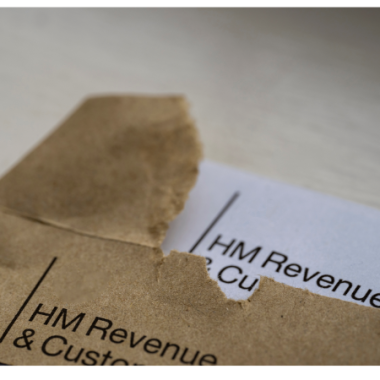Fulfilment by Amazon (FBA) allows you to outsource order completion to Amazon. The Amazon store will pick, pack, ship and deliver your product to your customers. As with all new businesses deciding on a business structure is your first hurdle. Navigating the legal and financial aspects requires careful consideration. In this blog, we will look at sole traders vs limited companies concerning both a UK resident and a non-resident.
A sole trader business, registered at HMRC, has the beauty of streamlined simplicity. The daily operation and administration are significantly lighter compared to a limited company. Tax is calculated on your personal income, meaning the tax process is also less complicated. However, business growth will have an impact on your tax responsibilities. As a sole trader, you are the business, with full control however, you are also then personally liable for any financial challenges you encounter.
Choosing a limited company, registered at Companies House, gives you the protection of a separate legal entity, meaning your personal assets are not at risk should the business get into financial difficulty. However, with a distinct entity, there is more administration and more legal compliance to cover. Limited Companies can convey a sense of credibility and professionalism that you may not get with a sole trading business and can be easier to upscale if you plan for your FBA business to be a large enterprise. There is more tax flexibility with a limited company, but along with this comes more paperwork.
Embarking on your FBA enterprise in the UK opens one of the world’s largest E-commerce markets. This makes it a popular choice for both UK residents and non-residents alike. We have an informative start-up guide applicable to anyone thinking of trading via Amazon FBA. As well as information on selling via Amazon, it gives in-depth information on programmes for small traders, order fulfilment & delivery for both UK and international, advertising on Amazon and other Amazon revenue streams. If you would like to have a copy of our start-up guide, please request a copy by emailing enquiries@duport.co.uk
The simplicity of a sole trader business is still applicable for non-resident business owners as long as they have a UK National Insurance number. However, it is crucial to understand UK tax regulations for non-resident business owners, including cross-border tax operations. We would always recomment talking to an accountant who specialises in international tax law.
There is no requirement for the owners of a UK limited company to be resident in the UK. So, this can be a good option for non-resident directors and shareholders who don’t have access to the National Insurance number required to register in the UK as a sole trader.
Currency conversion may also be a consideration for business owners who are based overseas. Considering how dealing with revenue and expenses in various currencies and exchange rates will impact business finances.
In conclusion, whether you are a resident or non-resident choosing to operate as either a sole trader or setting up as a limited company running an Amazon FBA business, consideration of legal, tax and business implications is crucial.
If you would like to have a copy of our FBA business start-up guide, please request a copy by emailing enquiries@duport.co.uk







